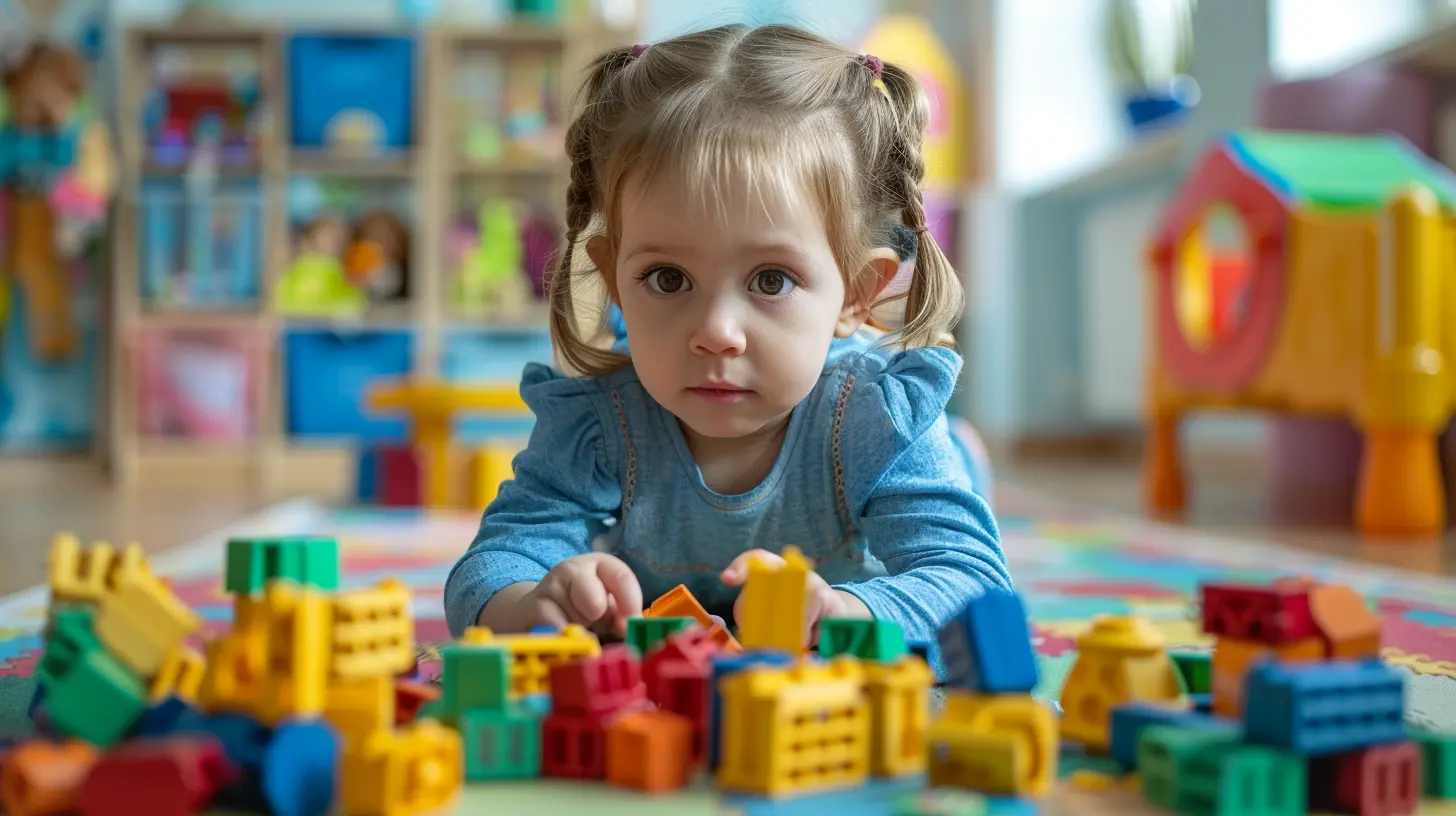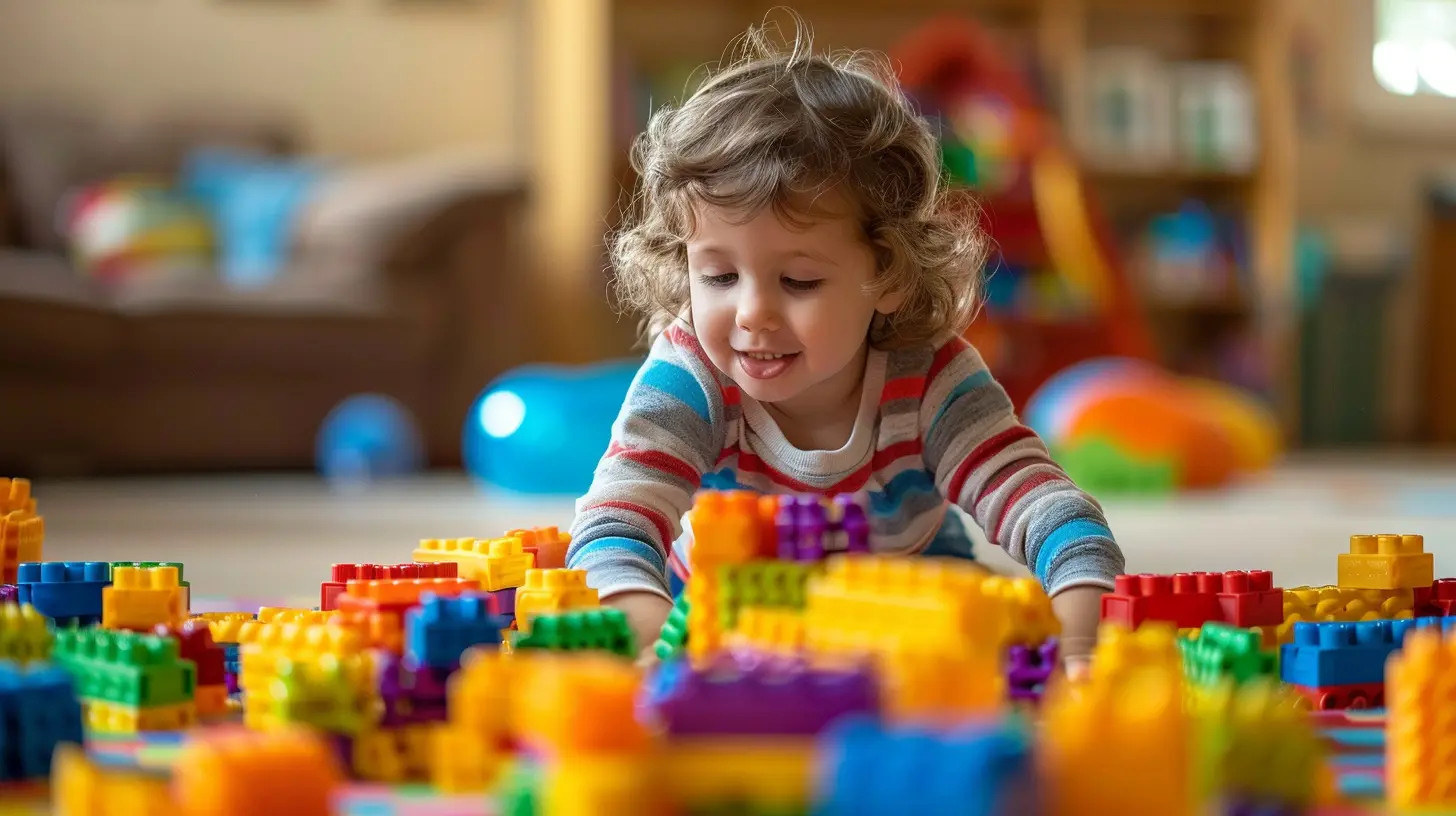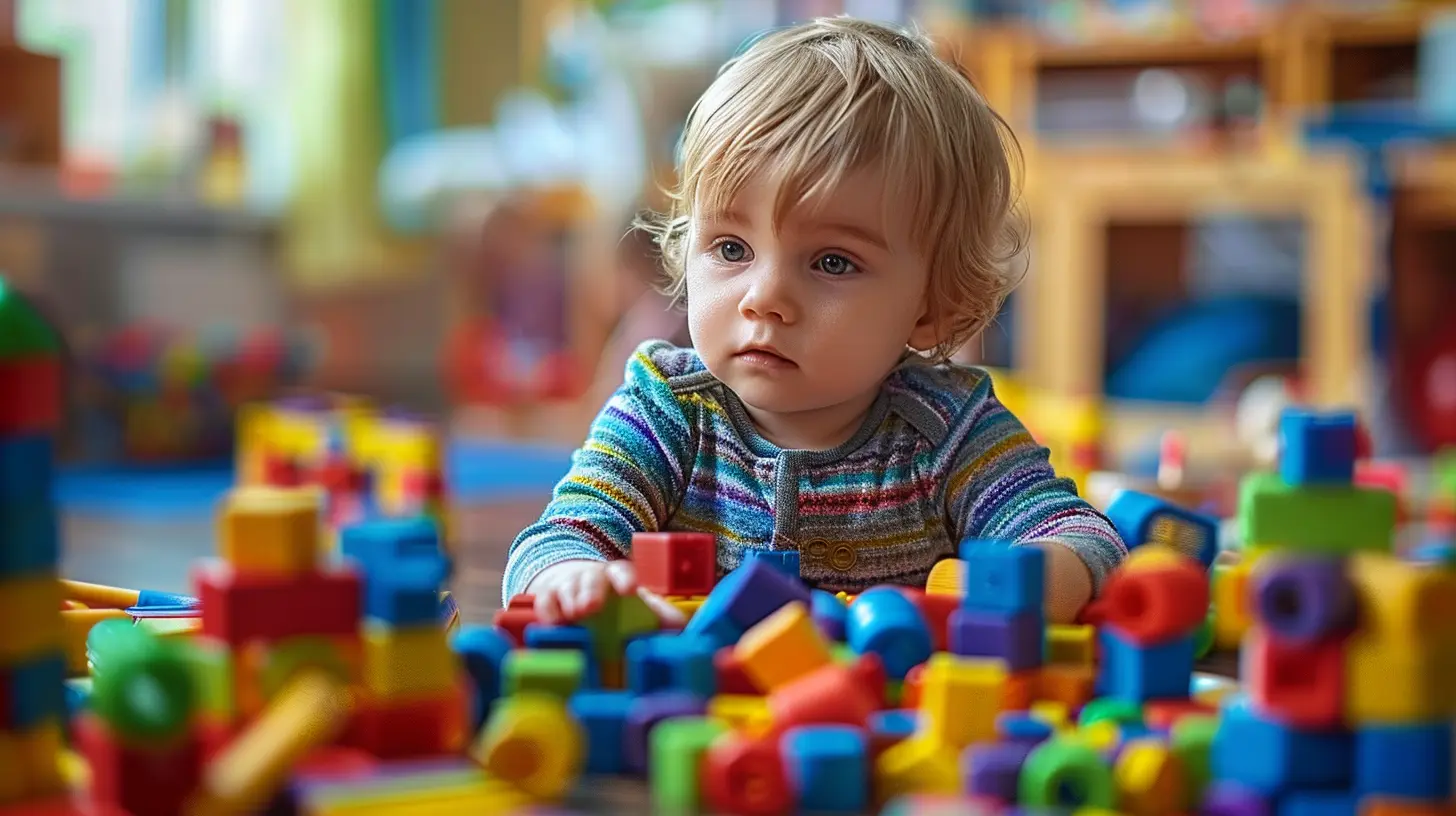Developing Fine Motor Skills Through Play
30 May 2025
Fine motor skills are essential for everyday tasks, from buttoning a shirt to holding a pencil. But did you know that the best way for kids to develop these skills is through play? Play is more than just fun—it’s a powerhouse for growth and development.
If you’re a parent, teacher, or caregiver, you want to help children develop strong fine motor skills. The good news? You don’t need fancy tools or complicated exercises. Everyday play activities can do wonders!
In this article, we’ll dive into fine motor skills, why they matter, and how simple, playful activities can boost a child’s development.

What Are Fine Motor Skills?
Fine motor skills involve the small muscles in our hands, fingers, and wrists. These skills help us perform precise movements, such as:- Grasping objects
- Writing and drawing
- Buttoning shirts and zipping jackets
- Using utensils
- Tying shoelaces
Without well-developed fine motor skills, simple tasks can feel frustrating and exhausting for kids. That’s why building these skills early is crucial.

Why Fine Motor Skills Matter
Fine motor skills are the building blocks for independence. Imagine a child struggling to hold a spoon or write their name—these small frustrations can impact confidence and learning.Here’s why fine motor development is essential:
- Academic Success – Kids need fine motor skills for writing, cutting, and using a keyboard.
- Self-Care – Tasks like brushing teeth, dressing, and eating require coordination.
- Creativity & Play – Coloring, building with blocks, and playing with puzzles strengthen these skills.
When kids struggle with fine motor skills, they might avoid tasks that require precision, affecting their growth in other areas. That’s why incorporating play-based activities can make a significant difference.

How Play Develops Fine Motor Skills
Play is the best teacher. Kids naturally engage in activities that build hand strength, dexterity, and coordination. The key is to offer activities that challenge their hands in fun, engaging ways.1. Building with Blocks & LEGO
Ever tried stacking small LEGO pieces? It takes serious finger strength and coordination! Playing with building blocks helps kids:- Strengthen hand muscles
- Improve hand-eye coordination
- Develop problem-solving skills
To boost the challenge, encourage kids to build tall towers or follow simple instructions to create specific structures.
2. Playdough & Clay Activities
Squishing, rolling, and shaping playdough is fantastic for little hands. It strengthens finger muscles and encourages creativity. Try these fun playdough activities:- Rolling snakes and spirals
- Pinching and cutting with child-safe tools
- Making tiny objects like food or animals
Clay and dough are sensory-rich, making them perfect for kids who need extra motivation to engage their hands.
3. Coloring, Drawing & Painting
Holding crayons, markers, and paintbrushes builds grip strength. Encourage kids to:- Stay within the lines of a coloring page
- Use different strokes and pressure in painting
- Try finger painting for additional sensory benefits
These activities don’t just help motor skills but also spark creativity and self-expression.
4. Puzzles & Bead Stringing
Puzzles require precise finger movements to fit pieces together, while bead stringing strengthens finger coordination. Try:- Large-piece puzzles for beginners
- Small beads for older kids to improve fine motor control
- Lacing activities with shoelaces or yarn
Both activities boost patience and problem-solving skills, too!
5. Cutting & Tearing Paper
Using scissors is a big step in fine motor development. It helps kids learn control, grip, and coordination. Encourage:- Cutting along lines on paper
- Making paper chains or simple crafts
- Tearing paper for collages (great for preschoolers!)
Always provide child-safe scissors and monitor younger kids for safety.
6. Using Tweezers, Tongs & Clothespins
Tweezers and tongs make simple tasks more challenging (and fun). Activities include:- Picking up pom-poms with tweezers
- Transferring small objects into cups
- Squeezing clothespins onto a line
These mini-exercises strengthen hand grip and precision, preparing kids for more complex tasks like writing.
7. Water Play with Squeeze Toys & Sponges
Water play is hands-on fun! Using squeeze toys, spray bottles, and sponges strengthens hand muscles. Try:- Squeezing water from a sponge into a bucket
- Playing with water guns or spray bottles
- Transferring water with small cups
Who knew playtime in the bathtub could be so beneficial?

Encouraging Fine Motor Play at Home
Now that you know which activities work best, let’s make sure your child gets plenty of practice. Here are some tips:- Make It Fun – Turn activities into games or challenges.
- Use Everyday Items – No need for fancy toys—use household items like clothespins, pasta, or paper.
- Be Patient – Kids develop at their own pace, so encourage effort over perfection.
- Incorporate Play Daily – Little moments add up! Drawing, stacking, or squeezing dough during free play is enough.
When to Seek Help
Some kids take longer to develop fine motor skills, and that’s okay. However, if you notice persistent struggles, it may be a good idea to talk to an occupational therapist. Watch for:- Difficulty holding small objects
- Trouble using utensils or zipping clothing
- Avoidance of fine motor tasks due to frustration
Early intervention can make a world of difference in helping a child gain confidence in their abilities.
Final Thoughts
Fine motor development is crucial for a child’s growth, but it doesn’t have to feel like work. Through simple, engaging play, kids can strengthen their hands, boost coordination, and gain confidence in their abilities.So, next time you see your child playing with blocks or squeezing a sponge, remember—they’re not just having fun; they’re mastering essential life skills!
all images in this post were generated using AI tools
Category:
Child DevelopmentAuthor:

Alexandra Butler
Discussion
rate this article
3 comments
Jennifer Duffy
Play hard, skills sharpen harder!
June 19, 2025 at 4:08 PM

Alexandra Butler
Absolutely! Play is a fun and effective way to enhance fine motor skills.
Luna McClary
This article beautifully highlights the importance of play in developing fine motor skills. It’s inspiring to see how engaging activities can nurture growth and connection in children. Remember, each small step contributes to their confidence and creativity. Play truly is a vital part of learning!
June 3, 2025 at 4:44 AM

Alexandra Butler
Thank you for your thoughtful comment! I completely agree—play is essential for nurturing both fine motor skills and creativity in children.
Sofia McGill
This article effectively highlights the importance of play in fine motor skill development, but could delve deeper into specific play activities.
June 2, 2025 at 4:02 AM

Alexandra Butler
Thank you for your feedback! I appreciate your suggestion and will consider including more specific play activities in future revisions.



